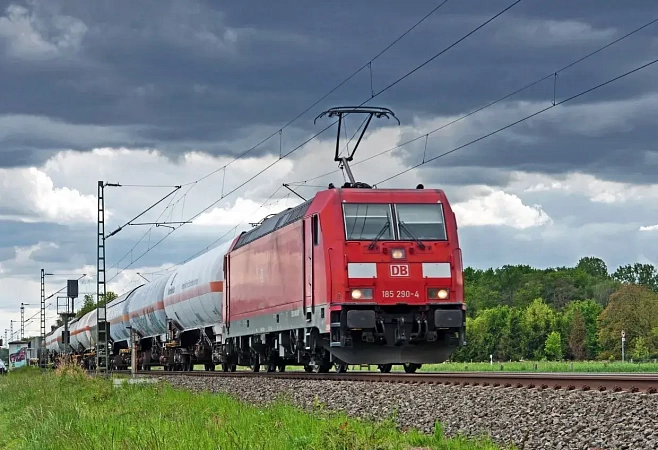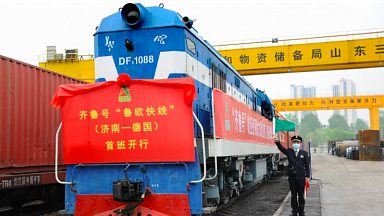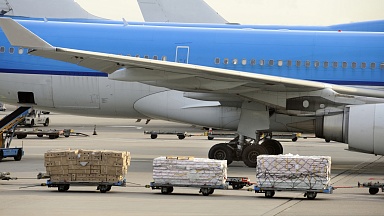Following negotiations with works councils and the railway and transport union (EVG), Deutsche Bahn has announced a wide-reaching restructuring plan for its freight transport division, DB Cargo. As part of the plan, 2,300 jobs are set to be cut in order to stabilise the company’s financial situation, according to a recent company statement. The general works council has approved the plan.
«A difficult but necessary step,» said Sigrid Nikutta, CEO of DB Cargo, in reference to the job cuts. However, «this is the only way we can secure the future of our Cargo division and make our transformation a success.»
The restructuring plan not only includes job cuts but also the creation of new business units focused on customers in key sectors: steel, automotive, chemicals, raw materials, and consumer goods. Each of these units will operate independently, with its own staff, locomotives, and freight wagons, and will have full responsibility for quality, transport efficiency, and financial performance.
Combined transport remains
The original sticking point, the outsourcing of so-called combined transport, has been dropped. This area, which includes the transport of containers from seaports, will remain under the DB Cargo umbrella. Outsourcing was a major point of contention between the employers and works councils.
The market environment for logistics remains challenging. A company spokesperson indicated that further adjustments might be necessary, which could result in additional job cuts, particularly in administrative roles.
Cosima Ingenschay, deputy chairwoman of EVG and the Cargo Supervisory Board, explained that reaching the agreement was difficult. She pointed out that DB Cargo’s poor financial situation stemmed from mismanagement and the lack of supportive political framework conditions. While there are no plans for compulsory redundancies, a social plan and voluntary severance package have been agreed upon.
«We are taking into account retirements, departures due to turnover, and voluntary participation. We have agreed on a voluntary programme and a social plan with measures for personnel adjustments, which will mitigate potential disadvantages for our colleagues,» assured the CEO of DB Cargo.
Ongoing crisis at DB Cargo & state aid proceedings
DB Cargo employs 31,000 people. The company has been facing significant losses for years. In the first half of this year alone, the operating loss before interest and taxes (EBIT) amounted to more than 260 million euros.
The European Commission’s state aid procedure, which has been ongoing since early 2022, is still unresolved. The Commission is examining whether the state-owned company is allowed to cover DB Cargo’s losses. It is expected that the Commission will prohibit this approach, meaning DB Cargo may have to become financially self-sufficient in the future. Additionally, individual business areas could be spun off as part of the procedure.





